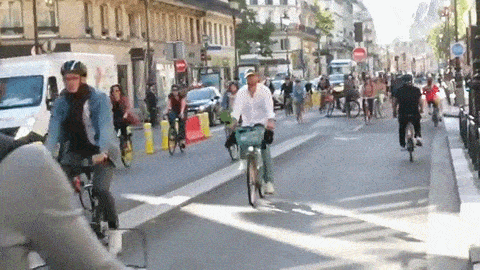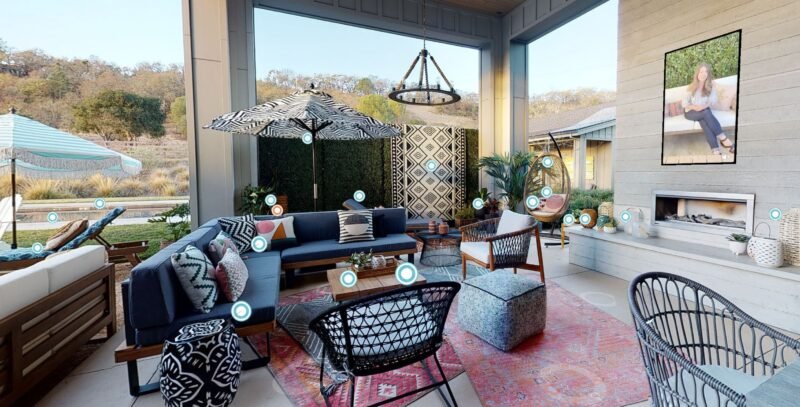The Emergence of ‘Bleisure’ Destinations in the Age of Remote Work
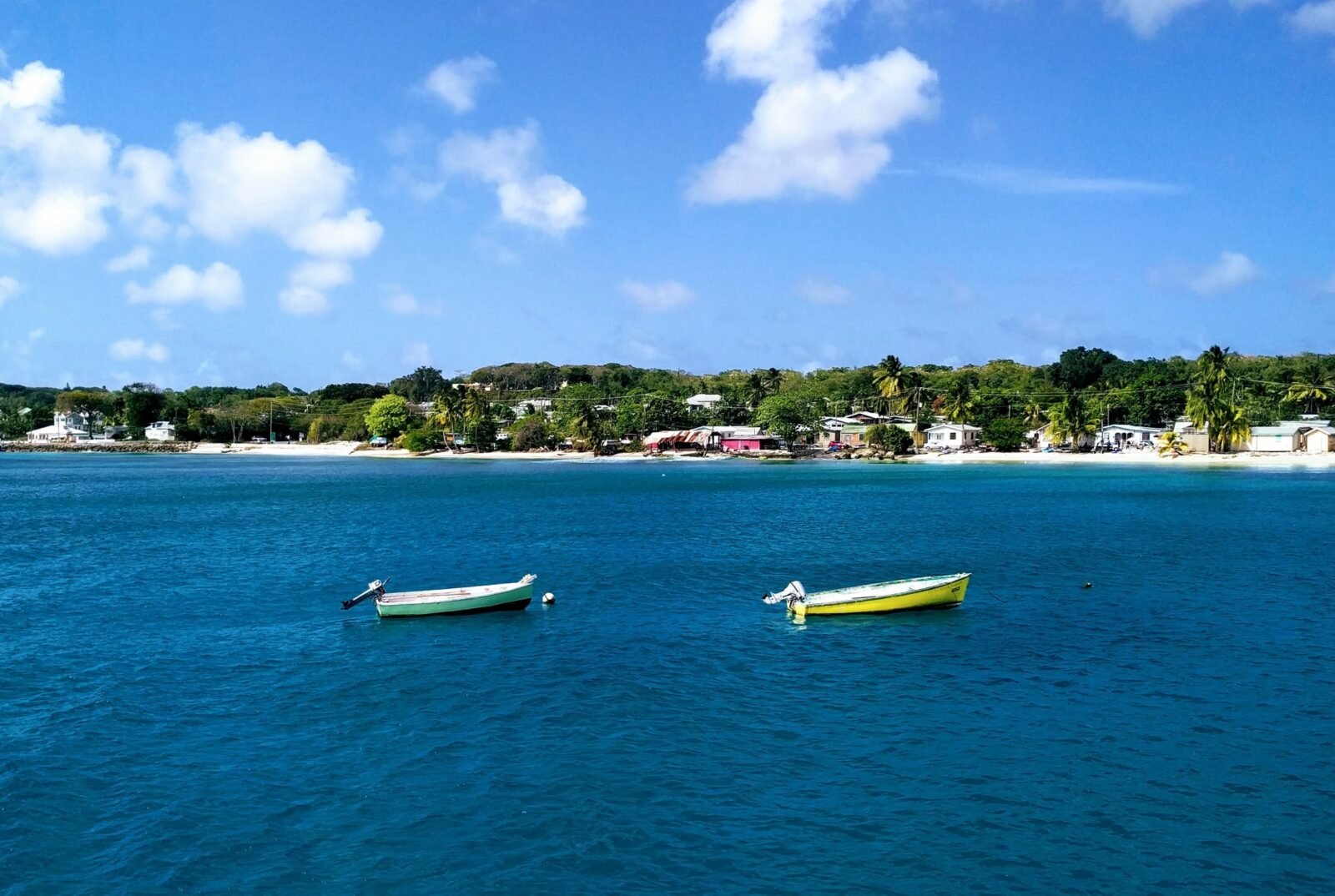
Have you ever dreamt of living on a tropical island, going to the beach every morning and exploring its beautiful nature, without losing your job? Well, now that can be your reality. Barbados is offering a 12-month visa for remote workers.
As remote working is becoming the new normal with the COVID-19 pandemic, people across the globe are learning to be more flexible and adjust to new modes of working. This trend is expected to continue shortly, which is precisely why the government of Barbados is offering a 12-Month Barbados Welcome Stamp that allows visitors to live in Barbados for a whole year and make the island their remote office.
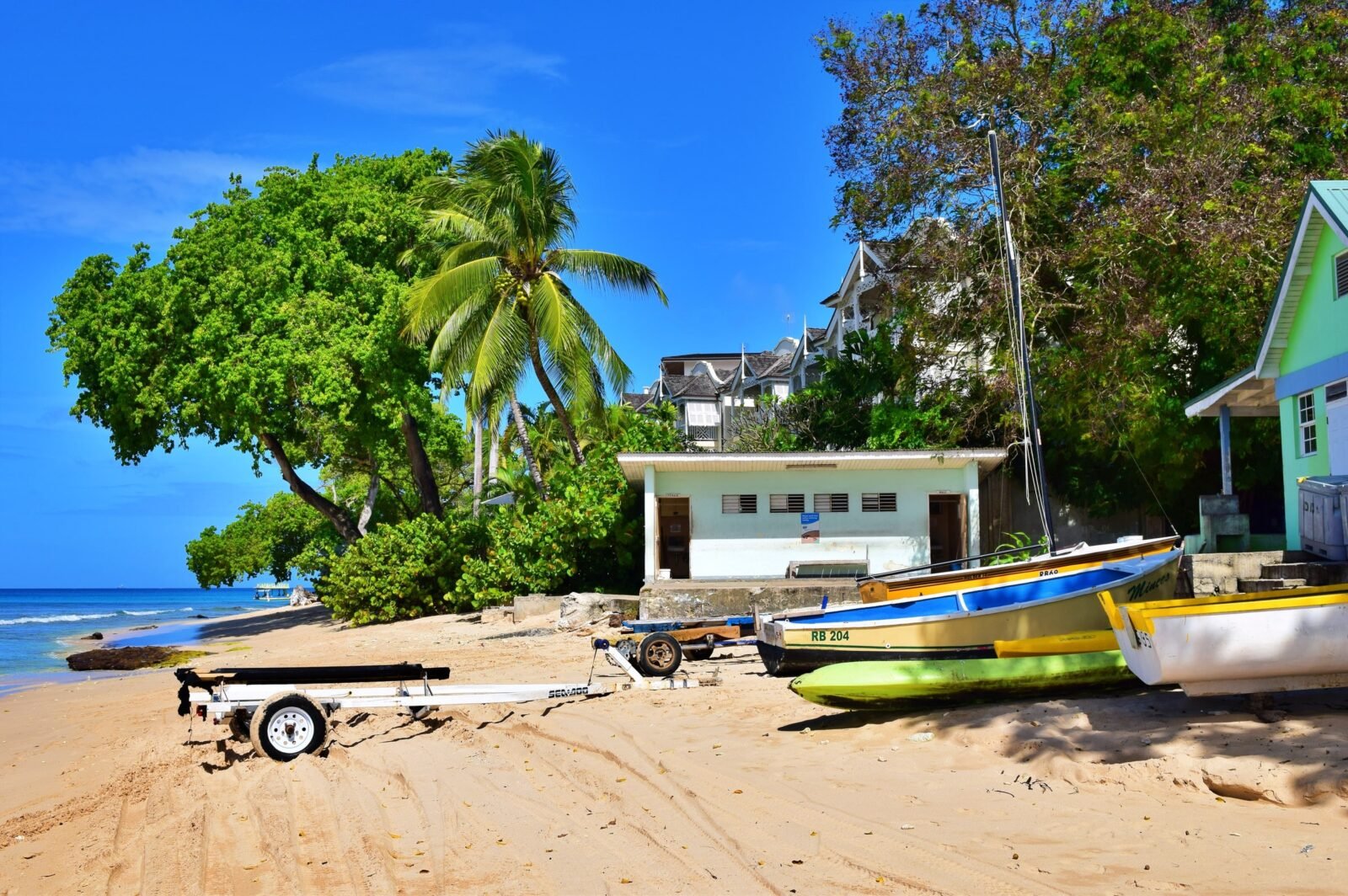
In Barbados, tourism accounts for 40% of the country’s GDP, and 30% of the workforce is directly employed in the tourism industry. More than 2.4 million tourists visit the island annually, spending roughly $1.1 billion. With the pandemic, all short-term travel activities across the globe are restricted, and it would not be an exaggeration to say that global tourism has come to a halt entirely. Hit hard by these recent changes, the Barbados government understood that the only way to emerge stronger from this situation is to be flexible and open-minded to new ideas.

The 12-Month Barbados Welcome Stamp is the country’s new creative initiative aimed at helping its economy. Effectively serving as a visa, the Welcome Stamp invites people to relocate to Barbados for a year and work remotely from the island. As many jobs around the world have moved online, working from anywhere combined with tourism — also known as ‘bleisure’ — has now become a possibility for individuals, who are the target audience of Barbados’ initiative. Families are invited, and the island also offers education and healthcare services for visitors. Visitors also do not have to pay any income tax for the year.
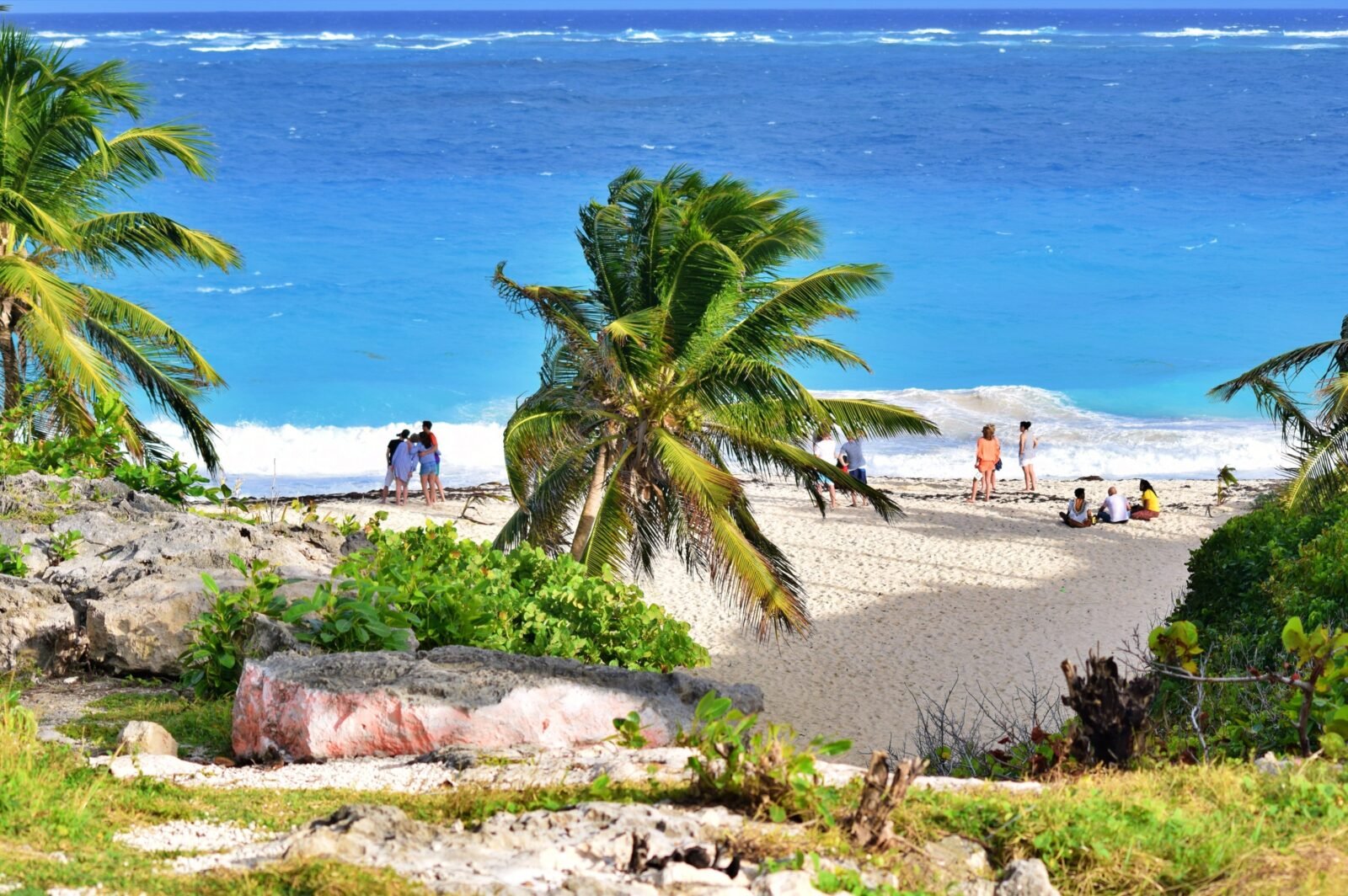
While 2020 has been a difficult year for the world, the COVID-19 pandemic has also forced us to ask essential questions about our ways of work and life, which we largely took for granted in the past. We are now beginning to question the possibilities of different modes of living and working, and whether some boundaries can and should be taken down. In this changing and fluid world today, it seems more and more possible for us to redefine the terms of vacation and work.
